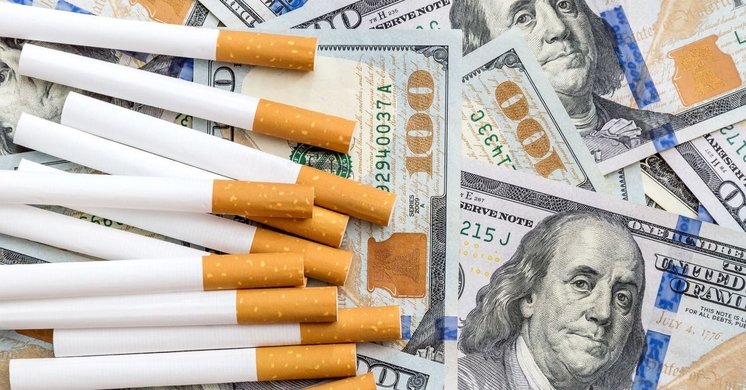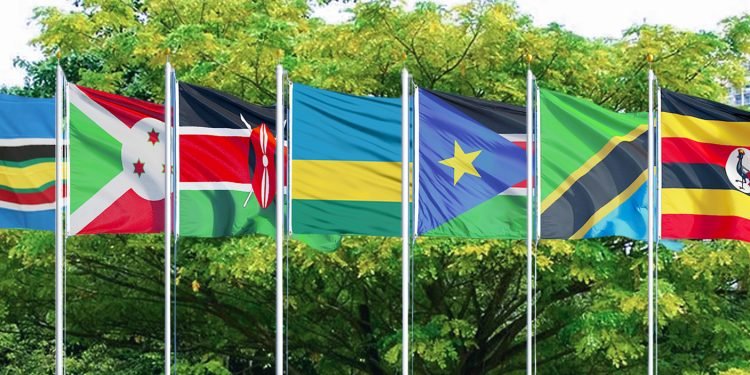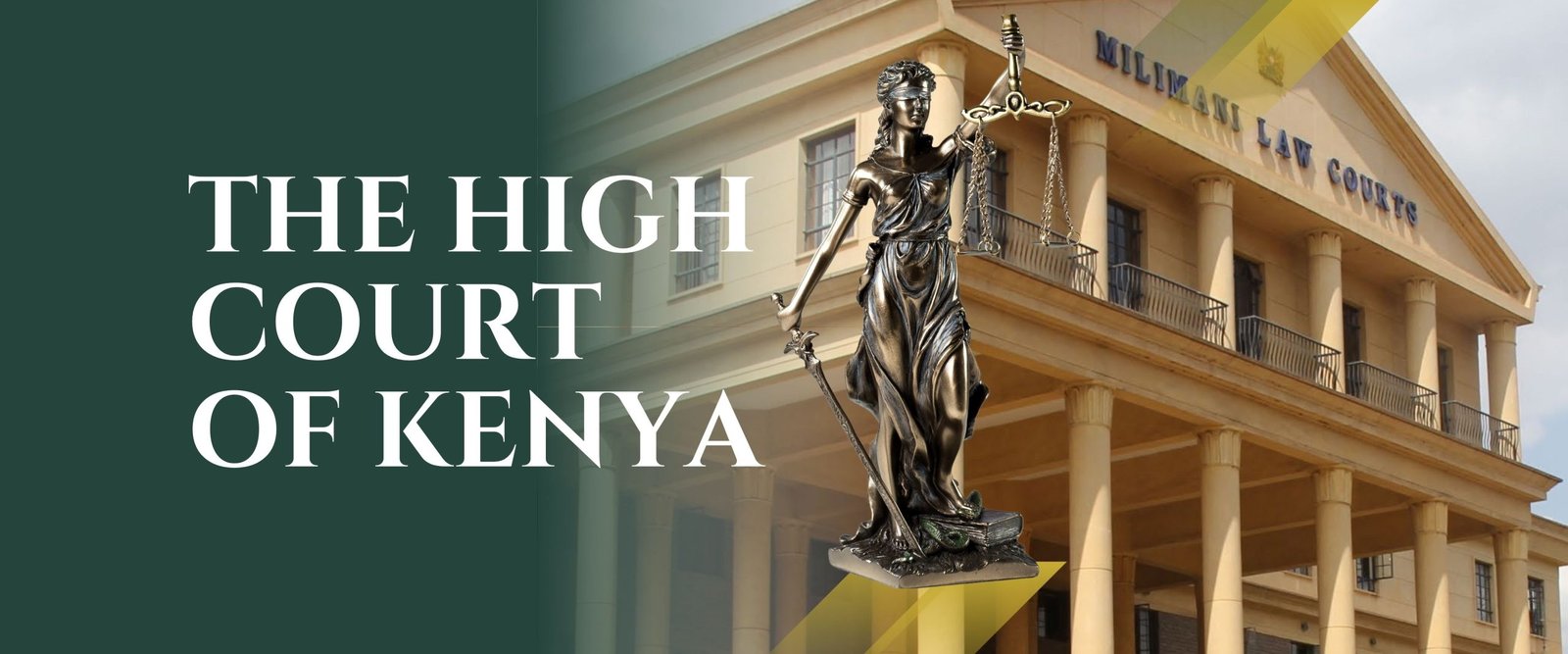Country falls short of WHO guidelines, missing key opportunity to curb smoking and strengthen public health financing
Kenya is facing mounting criticism from health experts and international observers after falling short of the World Health Organization’s (WHO) recommended targets for tobacco taxation. Despite longstanding warnings about the devastating health and economic effects of tobacco use, the country has failed to implement tax policies that could significantly reduce smoking rates and boost critical funding for healthcare.
WHO Recommendations Ignored
The WHO recommends that tobacco excise taxes should account for at least 75% of the retail price of cigarettes. This threshold is widely seen as one of the most effective tools for discouraging tobacco use, especially among youth and low-income populations. However, Kenya’s current tobacco tax levels remain well below this benchmark, with excise duties comprising only about 38% to 40% of the retail price — far below the global best practice.
According to the WHO’s Report on the Global Tobacco Epidemic, this shortfall represents a major missed opportunity to protect public health and raise substantial revenue for the country’s health system.
A Public Health Crisis
Tobacco use in Kenya continues to pose a serious public health challenge. The Ministry of Health estimates that over 8,000 Kenyans die each year from tobacco-related illnesses, including cancer, heart disease, and respiratory infections. These preventable deaths place a heavy burden on the healthcare system and the economy, with treatment costs and lost productivity running into billions of shillings annually.
Raising tobacco taxes is one of the most cost-effective interventions available to reduce smoking rates. Studies have shown that for every 10% increase in cigarette prices, consumption drops by about 4% in high-income countries and by about 5% in low- and middle-income countries like Kenya.
Revenue Potential Lost
Beyond health benefits, higher tobacco taxes could also provide a crucial source of funding for Kenya’s under-resourced health sector. Experts estimate that aligning with WHO tax targets could generate billions of additional shillings annually, which could be earmarked for universal healthcare coverage, cancer screening programs, and tobacco cessation support services.
“Increasing tobacco taxes is a win-win strategy,” said Dr. Regina Mutua, a Nairobi-based public health specialist. “It reduces the number of smokers and simultaneously increases the government’s capacity to invest in healthcare and prevention programs.”
Tobacco Industry Influence?
Critics argue that the slow progress in tax reform may be due in part to strong lobbying from the tobacco industry, which has a long history of opposing regulation. In Kenya, some observers believe that industry pressure and concerns about illicit trade have discouraged bold action, despite evidence that proper enforcement can mitigate such risks.
Civil society organizations have called on Parliament and the National Treasury to resist industry influence and take urgent action to implement WHO-compliant tobacco tax policies.
Looking Ahead
As Kenya continues to roll out its Universal Health Coverage (UHC) agenda, the need for sustainable health financing has never been more urgent. Experts warn that without stronger tobacco taxation, the country risks undermining both its public health goals and its economic resilience.
“Kenya is at a crossroads,” said Jane Muthoni, a health economist. “We can either protect our people by taxing a deadly product, or continue to bear the cost of inaction in terms of lost lives, rising healthcare costs, and preventable disease.”
The government’s next budget cycle presents an opportunity to correct course. Whether Kenya will seize this chance remains to be seen. For now, the country remains under scrutiny for failing to meet global standards — and for missing a powerful tool to save lives.




